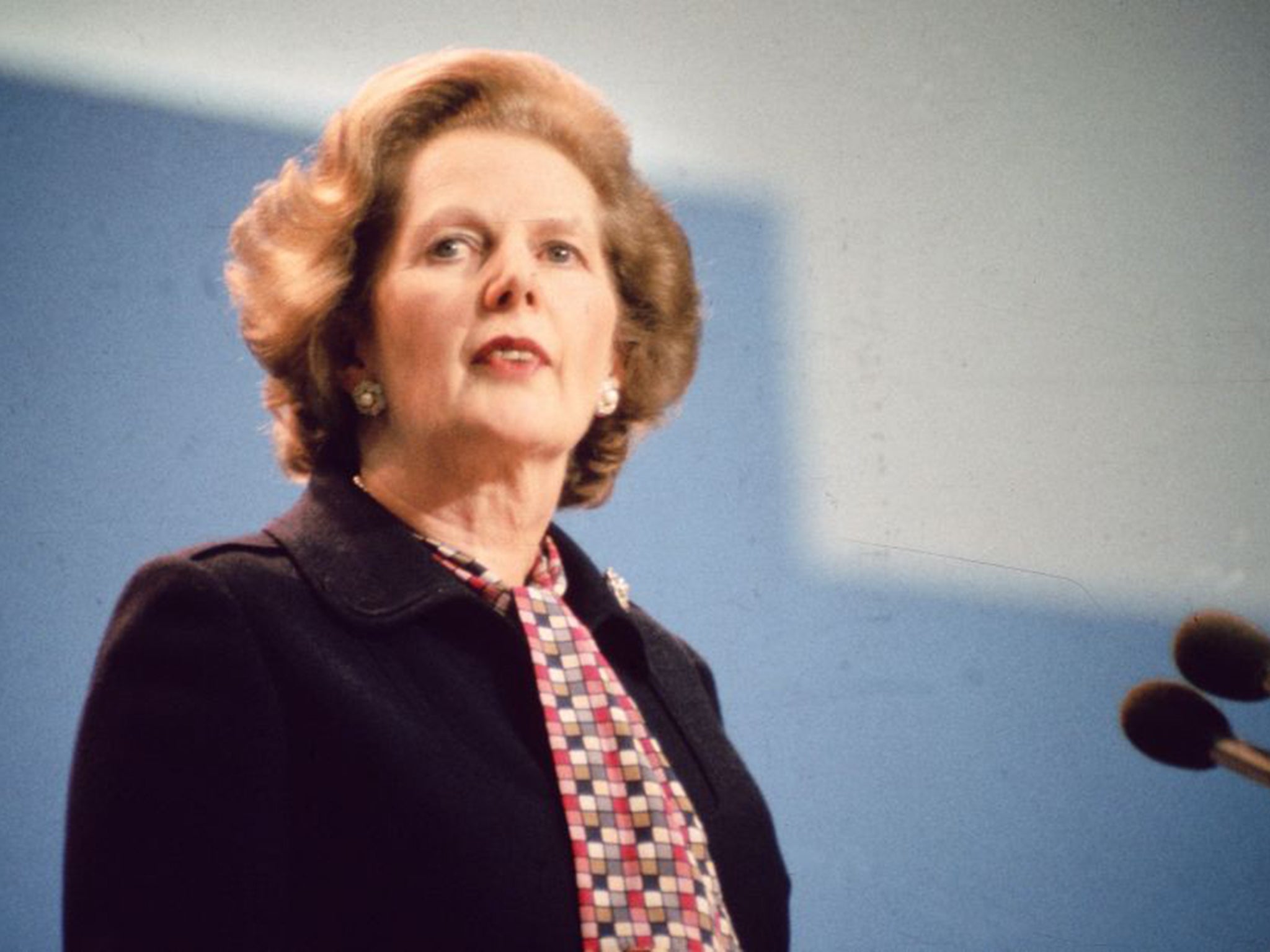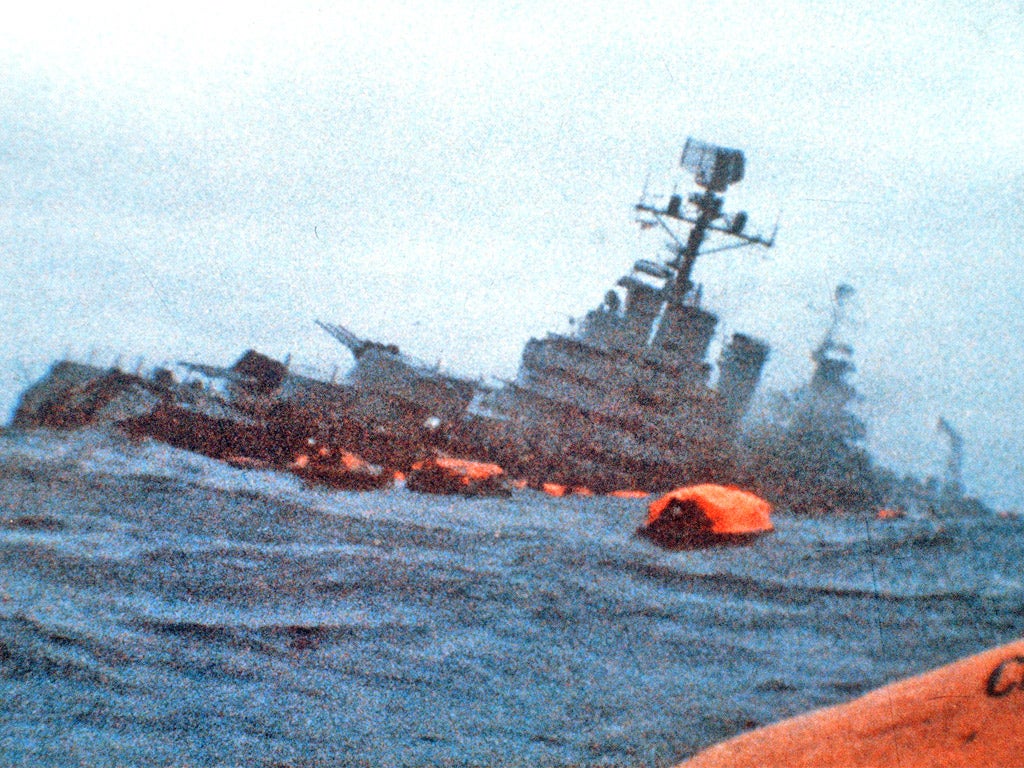Margaret Thatcher showed no reaction after order to sink Belgrano ship during Falklands War, papers reveal
The extraordinary insight comes from a newly released document in which she set down her own account of the 1982 Falklands War

Your support helps us to tell the story
From reproductive rights to climate change to Big Tech, The Independent is on the ground when the story is developing. Whether it's investigating the financials of Elon Musk's pro-Trump PAC or producing our latest documentary, 'The A Word', which shines a light on the American women fighting for reproductive rights, we know how important it is to parse out the facts from the messaging.
At such a critical moment in US history, we need reporters on the ground. Your donation allows us to keep sending journalists to speak to both sides of the story.
The Independent is trusted by Americans across the entire political spectrum. And unlike many other quality news outlets, we choose not to lock Americans out of our reporting and analysis with paywalls. We believe quality journalism should be available to everyone, paid for by those who can afford it.
Your support makes all the difference.Margaret Thatcher almost wept when she learnt that a helicopter had crashed in bad weather early in the Falklands conflict – but appeared to have no emotional reaction after the order was given to sink the Argentine cruiser, the General Belgrano, killing 323 people on board.
The extraordinary insight into the working of her mind comes from a newly released 120-page document in which she set down her own hand-written account of the 1982 Falklands War.
On 22 April 1982, she was informed that special troops had landed on South Georgia, the first island the British retook from the Argentines, but that snow blindness had caused two helicopters to crash, and it was not known whether the crews had survived. “My heart was heavy as I changed to go to a dinner at the Mansion House to speak. I wondered how I could conceal my feelings,” she wrote.
She then heard that the men had been rescued. “I went out walking on air. Nothing else mattered. The men were safe,” she added, with the last two words underline.
Ten days later, her emergency Cabinet authorised the highly controversial sinking of the Belgrano, which produced the war’s first fatal casualties when 323 of those on board drowned. Her account of that event is coldly factual. She wrote: “The next day, Monday 3rd May, the submarine torpedoed the Belgrano which later sank. The two accompanying destroyers were not touched but were slow to pick up survivors from the Belgrano. We knew she had been hit but it was some hours before we knew she had sunk.”

If she had any emotional reaction on hearing that hundreds had died, she did not record it.
She did, however, show anger when presented with a proposed peace plan that the then Foreign Secretary, Francis Pym, had agreed with the US Secretary of State, Alexander Haig. It was, she wrote, “totally unacceptable” and a “total retreat”. If she had accepted them, the Falkland islanders would have been “betrayed”.
Her account, written a year after the war, opens with a defence of her decision – considered controversial at the time – to create an emergency committee to handle the conflict, which excluded the Chancellor of the Exchequer, Sir Geoffrey Howe, but included the much more junior Cabinet minister, Cecil Parkinson, who was then the Chairman of the Conservative Party. She implies that this was done on the advice of a former Prime Minister, Harold Macmillan.
The document is one of the papers she retained until her death in 2013, which then formed part of her estate. A collection of papers has been donated by her heirs to the public archive in Churchill College Cambridge, halving their tax bill of £1,880,000. A third of her estate goes to each of her children, Sir Mark and Carol, while the remaining third is in trust for her grandchildren. During her lifetime, Lady Thatcher donated the bulk of her papers to the Margaret Thatcher Foundation, which is based in Churchill College.
Join our commenting forum
Join thought-provoking conversations, follow other Independent readers and see their replies
Comments